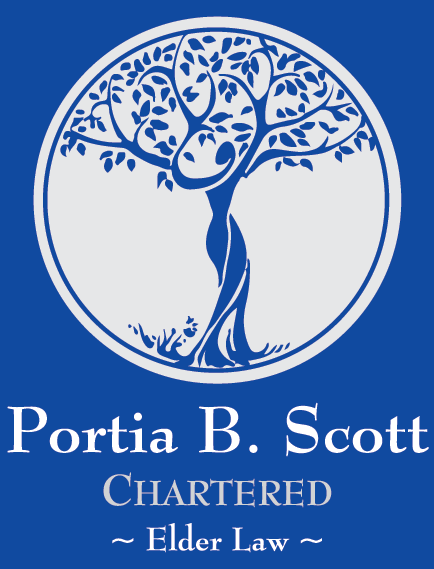Odd Law - Iceland

In either 999 or 1,000 CE (the records conflict) the meeting of the makers of the Laws in Iceland met. These meetings, which had been going on for about 70 years already, occurred each year and were called “Althing,” Some scholars consider this the oldest Parliament.
At these meetings, the chiefs of the sundry family groups would sit outside (so we can assume it was in the Summer) in a circle. Sitting in front each of the group leaders, facing each other was a warrior of the chief and behind him, at least two counselors. This may well signify that for every battle to be fought, there were two voices, in addition to the chief himself, considering the wisdom of the fight.
During the meetings, the “Speaker of the Laws” (alternatively the “Knower of the Laws”) would recite each and every law the nation had. Each law was, one by one, considered by the assembly. Should they continue having this law? Could it be altered if it was not meeting its goal or were there unforeseen consequences which could be avoided by a modification. Should that particular law be removed from the society totally?
For those scholars among you, this might sound a lot like James Madison’s belief that every law, including the Constitution, should expire at the end of 19 years, to be revisited. Well, the Icelandic peoples did just that.
The Althing of 1, 000 (or, maybe 999) was of a different character though. The law makers were trying to decide if they should accept Christianity as their religion, divesting themselves of the older pagan religion, worshiping the Norse gods of Odin, Thor, Loki, Frigga and the rest. (You all know that Thursday is named after Thor and Friday is named afer Frigga, right?)
There had been several violent bouts with Christians wanting the change and about half of the population were, by that time, Christian themselves, whether by spiritual conversion or conversion by the sword.
The leaders were much divided among themselves and, after much negotiation, agreed to let one man make the decision for the entire nation. This man, reasonably enough, was the Speaker of the Law, Thorgeir Thorkelsson (friends all just called him “Thor”).
He isolated himself for a long while and came back with his pronouncement:
Iceland would be Christian....with a couple of exceptions:
1. They would continue to eat horsemeat (outlawed by that particular branch of Christianity - Roman Catholicism in 732 CE - don’t know how the Eastern Orthodox thought of it);
2. They would continue to be able to “get rid of their unwanted children” (usually considered to be exposing babies who were not the desired gender for the time or were misshapen in any way); and
3. You could still have your pagan religious ceremonies in private; and, most importantly,
4. Don’t get caught doing any of the first 3.
This was eventually named the kristnitaka.
Share this article




